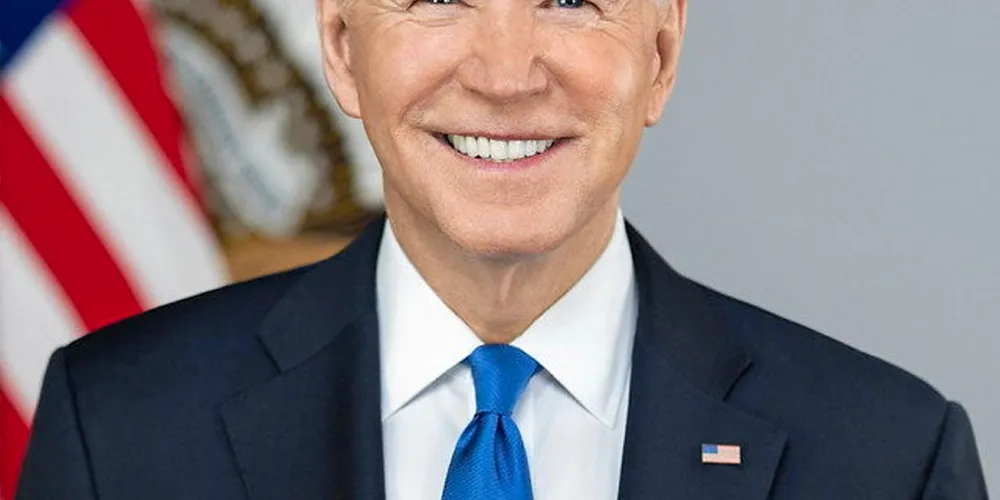Clean-energy groups hail 'new era' as Biden takes US back into Paris Agreement
Renewables bodies praise incoming President for plans to put post-Covid economic recovery 'hand in hand' with combating climate change

Renewables bodies praise incoming President for plans to put post-Covid economic recovery 'hand in hand' with combating climate change
